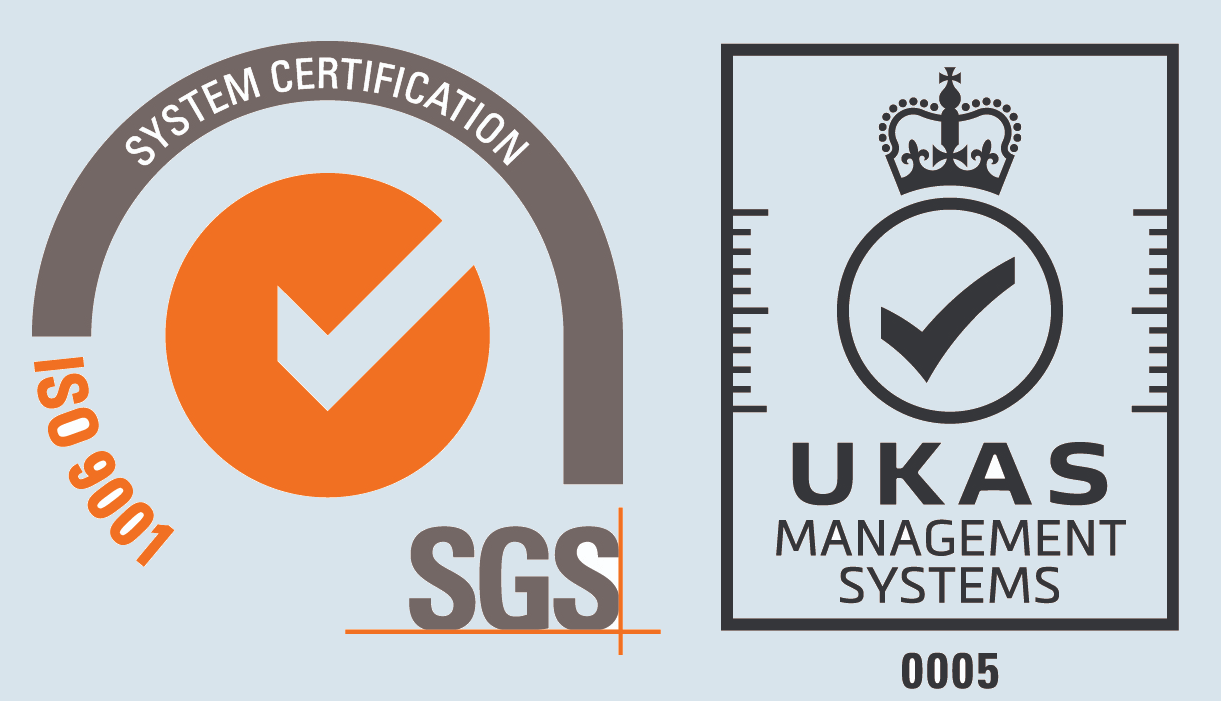
Aluminium Metal Glossary
Recrystallisation Annealing
A heat treatment that softens a cold worked metal or alloy by complete recrystallisation.
Residual Stress
Any stress in a finished product after fabrication (mainly cold work) which exists without the presence of any service or external loads, even after stress relieving.
Ripple, Buckle
The variation in flatness represented by alternate bulges and hollows along the length of a rolled product, the edges of which remain reasonably flat.
Rockwell Hardness, Brinell Hardness, Hardness, Vickers Hardness
The resistance of a metal to plastic deformation usually by indentation using a diamond or a hardened steel ball. There are various recongnised hardness scales including Vickers (VPN), Brinell and Rockwell. N.B. The empirical, but robust, relationship between hardness and tensile properties that applies in steels does not apply, and the steel tables must not be used for aluminium and its alloys. A less rigorous relationship has been established for some aluminium alloys but it is not widely used.
Roller Levelling, Tension Levelling
Flattening of sheet, strip or coil metal by passing it through a roll train staggered rolls. Levelling is achieved by precisely bending metal strip back and forth as it's passed through a series of small-diameter offset rolls. The material is usually also under tension loading.
Roller Straightening
The straightening of extrusions by passage through a series of small diameter, staggered, rolls.
Rolling Slab, Slab
A cast product that will be used for hot rolling. Size up to 300mm thick, 2000mm wide and 10/15 metres long with weight up to 15 tonnes.
How can we help?
Contact us today to see how Capalex can help
solve your challenges.
 Capital Aluminium Extrusions Limited
Capital Aluminium Extrusions LimitedCleator Moor, Cumbria,
CA25 5QB, UNITED KINGDOM.
